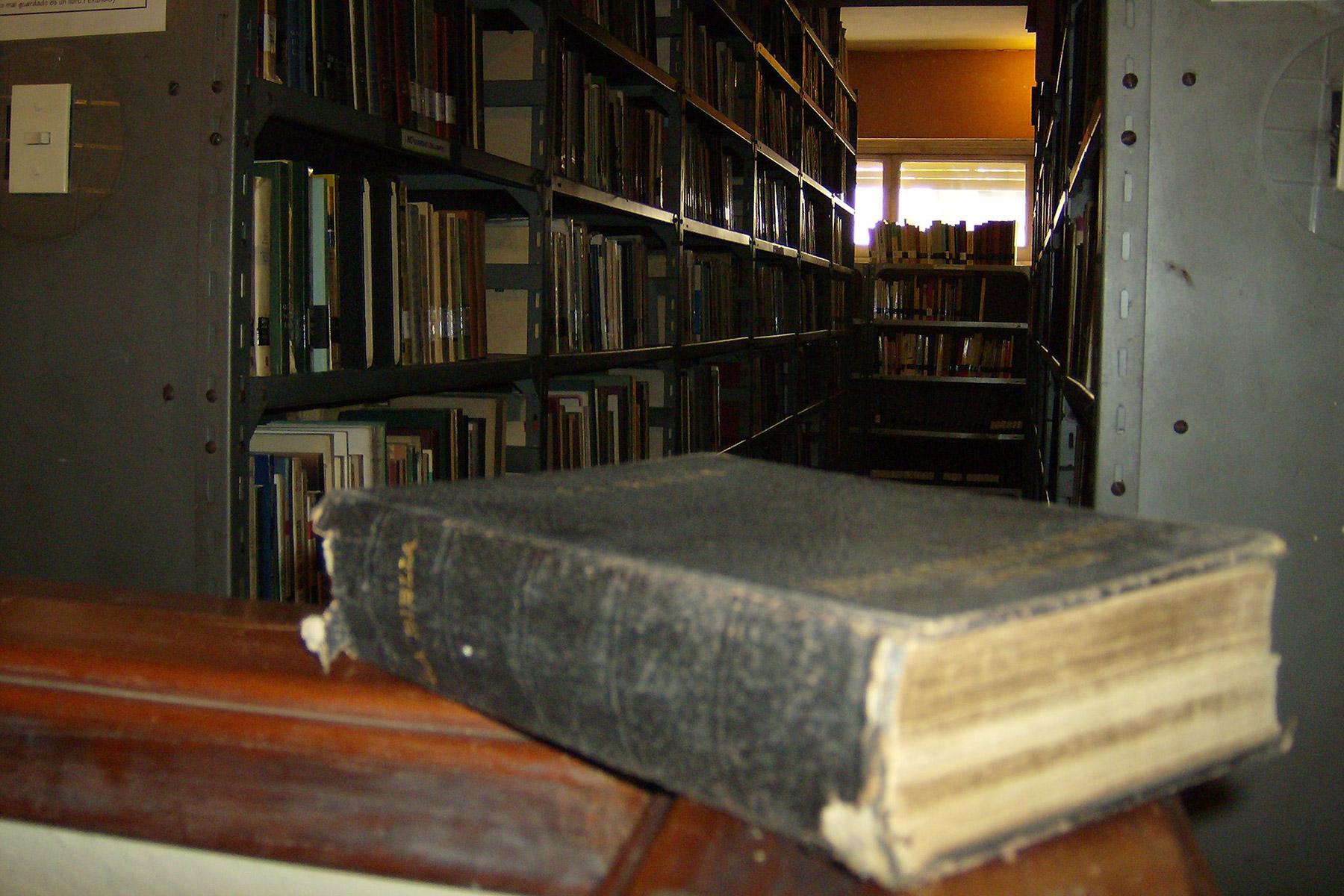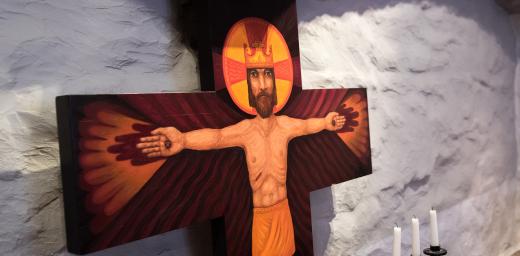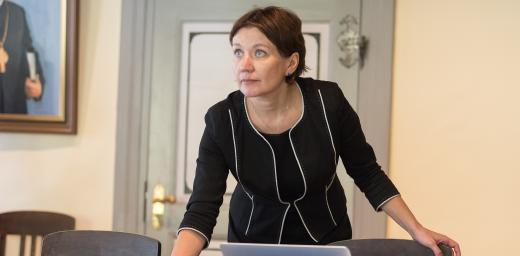Argentina churches to reopen theological library

Books from the library formerly housed at the Evangelical Institute of Higher Theological Studies (ISEDET) which closed in 2016. Photo: ISEDET Library Archive
Making “a historical legacy of enormous value” accessible
(LWI) - In an ecumenical initiative, two Lutheran World Federation member churches in Argentina join three other churches to reopen a theological library that holds the largest collection of university-level historical Protestant books and religious writings in Latin America.
The Evangelical Church of the River Plate (IERP) and the United Evangelical Lutheran Church (IELU), LWF member churches, together with Waldensian Church of the River Plate, Church of the Disciples of Christ and Evangelical Methodist Church of Argentina belong to The Ecumenical Network of Theological Education (REET).
The network reached an agreement with the National Pedagogical University (UNIPE) in cooperation with the Argentinian government to begin the process of reopening the library of bibliographical and documentary materials that was housed at the Evangelical Institute of Higher Theological Studies (ISEDET) that closed in 2016.
“This is an enormous contribution that we as historical churches, heirs of the Protestant and Evangelical Reformation, make to public education,” IERP President Rev. Leonardo Schindler said.
The outlook for the library includes,
- recovery, updating, and development of a Specialized Library in Humanities and Religious Sciences,
- the creation of a Documentation Center for Humanities and Religious Sciences with the development of an inter-institutional research program and academic cooperation.
Although the churches remain the owners of the collection, UNIPE and REET will be in charge of the care, custody and administration of the collection which will be available to the public.
“It is an important step in order to recover a heritage that is not its own, but rather a historical legacy of enormous value. Recovering the library in order to put it at the service of the development of thought and theology and humanities,” Schindler added.
The library will be situated at the UNIPE headquarters. A reopening date has not been established.
Schindler prays that the Holy Spirit continues to accompany the churches and organization as they aim to open access to the historical theological documents.
“This is reason for great joy and gratitude to the Lord.”





